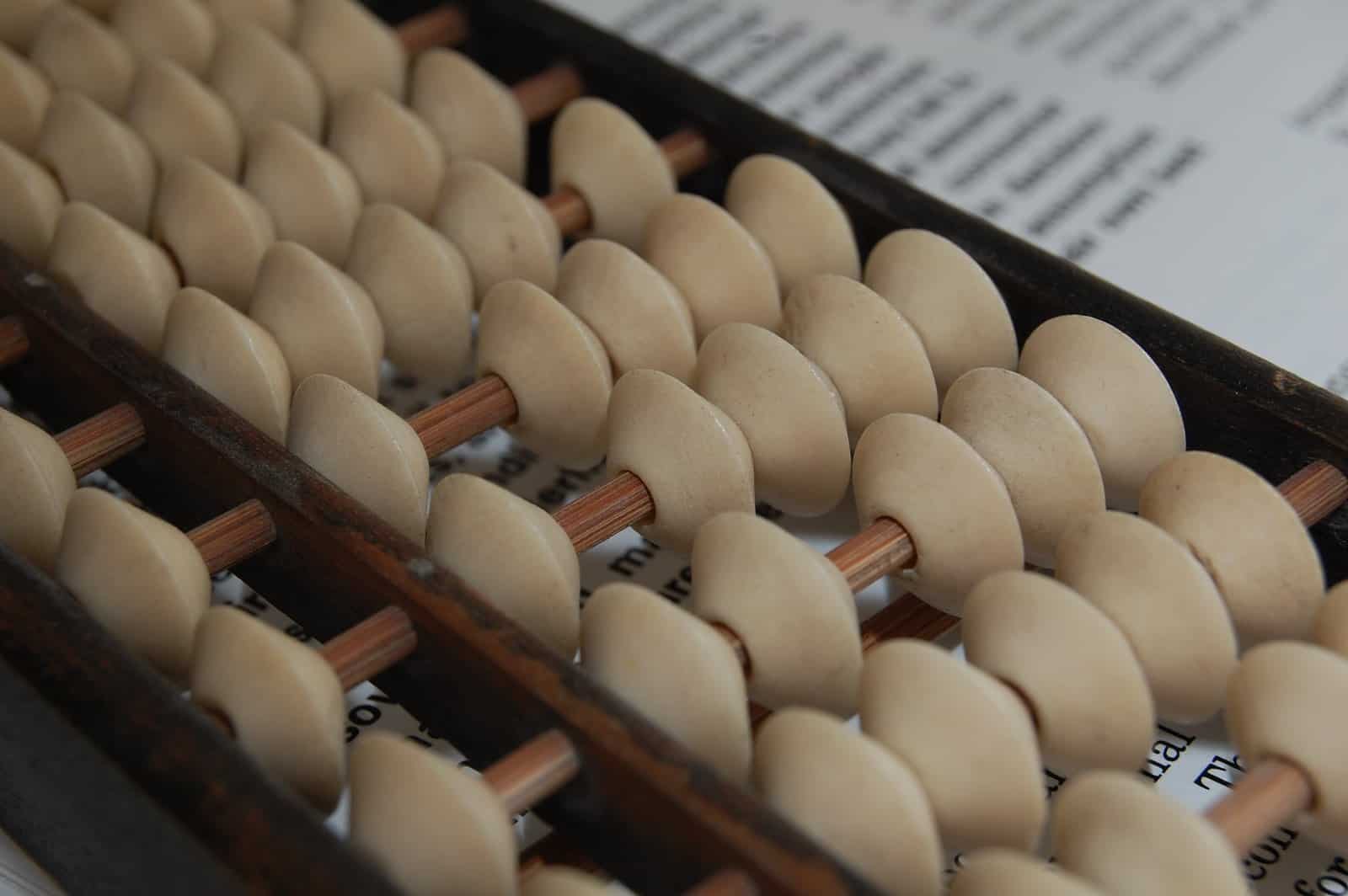Nearly £9 million more funding is heading towards Isle of Wight schools.
It comes as Isle of Wight council approves how funding from the Department for Education (DfE) will be distributed across schools.
£123 million allocated to the Island
Overall, the government has allocated more than £123 million to the Island, to provide care for young children in early years, education at schools and provision for those with special educational needs and disabilities.
It is £8,913,000 more than last year — when the Island got £114.1 million to spend on education — and will increase the amount of funding schools get per pupil.
Rise in per pupil funding
In 2023/24, schools received £3,442 per primary-aged pupil; £4,853 for Key Stage 3 pupils and £5,470 for Key Stage 4.
Now, that will rise to £3,614 per primary-aged pupil (£172 extra per pupil); £5,096 for Key Stage 3 (£243 extra per pupil) and £5,744 for Key Stage 4 pupils (£274 extra per pupil).
National and local funding formula
The allocations are worked out through a national and local funding formula to share the budget among schools.
After that is down to individual schools to make their own spending decisions.
The increase in cash has come through additional funding for hourly rates of early years provisions, more money for special educational needs pupils and changes in pupils numbers.
Serious financial pressures
However, the council has said, like other authorities, it is experiencing serious financial pressures from insufficient levels of high needs funding, which goes towards special educational need provisions.
To help reduce the pressure, the Island’s School Forum — which is made of representatives from all schools — has agreed to move nearly £450,000 across from the main block of funding to schools to the high needs one.
How the funding is split
From the £123 million, £26.8 million will be paid to academies and post 16 high-needs providers.
From 2027, the government has said it would provide the funding directly to schools — cutting out the council as middleman.
When that does happen, the council has said there may be financial turbulence for schools.
This article is from the BBC’s LDRS (Local Democracy Reporter Service) scheme, which News OnTheWight is taking part in. Some alterations and additions may have been made by OnTheWight. Ed





